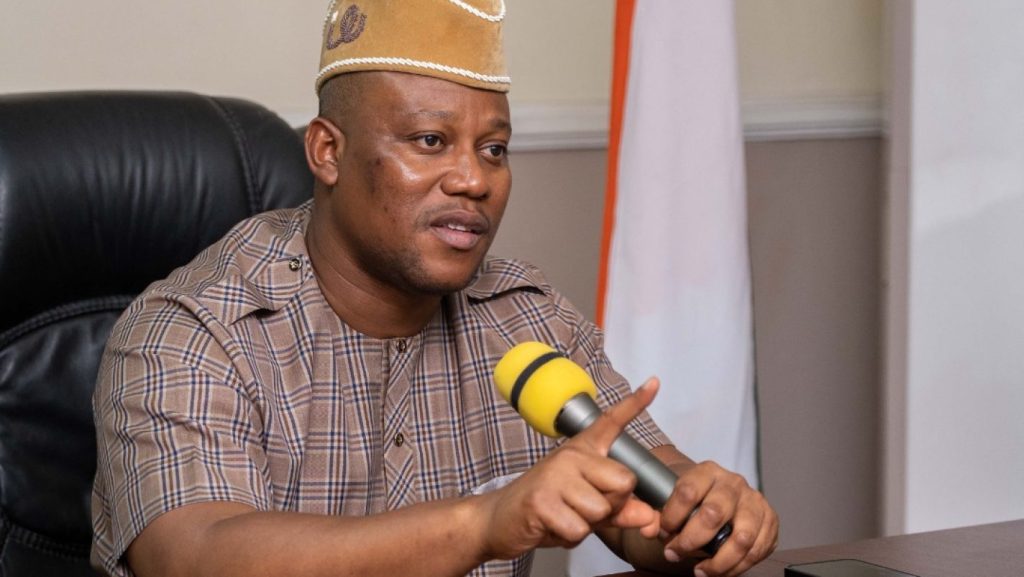The Technical Committee of the G-7 states, made up of FCT and its six neighbouring states, have met in Abuja, to develop methods to tackle cross-border safety challenges.
The committee contains of safety chiefs of the FCT, Benue, Kaduna, Kogi, Nasarawa, Niger and Plateau States.
They are Commissioners of Police, State Directors of Department of State Security Services, and Commandants of Nigeria Security and Civil Defense Corps.
The Permanent Security, FCT Administration, Mr. Olusade Adesola, mentioned on the opening of the assembly on Wednesday, that the G-7 offers alternative for intelligence gathering, sharing and joint-border operations.
Adesola, who was represented by Mr. Ishaq Sadeeq, performing Secretary, Agric and Rural Development Secretariat, FCTA, mentioned the aim was to tackle safety challenges bedeviling the seven-member states.
He mentioned that the safety chiefs convened the G-7 States Technical Committee Meeting, to tackle the latest upsurge of prison components traversing the FCT and member states.
He added that the target of the assembly was to evaluation operational methods that might assure optimum success.
According to him, the G-7 states would periodically maintain joint conferences to appraise the prevailing safety challenges and articulate an agenda of motion for implementation.
“Security, as we are all aware, is a fundamental pillar upon which any thriving society is built and an essential component that ensures the safety, well-being, and prosperity of our residents.
“In recognition of this fact, the FCT Administration has consistently prioritised the platform for the enhancement of security measures within our territory and beyond.
“Just recently, the Administration provided several operational vehicles and security gadgets to security agencies within the Territory, in a bid to effectively combat crime and criminalities.”
Read Also: FCTA indicators Standard Operating Procedures to enhance service supply
Adesola charged members of the committee to provide you with adaptable methods in combating cross-border crimes and deploy identical for the security and safety of the FCT and the neighbouring states.
Earlier, the Chairman of the Committee, Commissioner of Police, FCT Command, Mr. Haruna Garba, mentioned that the G-7 was initiated in 2007 by the then Minister of the FCT, Dr Modibbo Umar.
Garba mentioned that the concept was to take care of problems with crime and criminality that was plaguing the FCT and its connecting states.
“The idea was for the states to pull their resources both man and materials, together to fight the criminals simultaneously.
“As we gather here, it is imperative that we acknowledge the gravity of the task at hand. Our dear states stand at a critical juncture, where security concerns have become increasingly complex, and technology driven.nThis requires a coordinated efforts from all stakeholders.
“The G-7 operations represent a united front, bringing together our collective expertise and experience to tackle the prevailing security challenges facing our states,” he mentioned.
The commissioner confused that the G7 platform offered a singular alternative to reinforce collective efforts and chart a manner ahead for higher end result.
This, he mentioned, wouldn’t solely mitigate present threats to the collective survival of the FCT and the contiguous state, but in addition stop future ones.
“Our collaboration, coordination, and seamless exchange of intelligence will undoubtedly serve as the bedrock of our success.
“Let us leverage this platform to foster understanding, strengthen partnerships, and devise innovative strategies that will defeat crime and criminality,” he mentioned.
Also talking, the Assistant Inspector General of Police in cost of Zone 7, Adebowale Williams, confused the necessity for group partnership in addressing safety challenges peculiar to the G-7 member states.
Similarly, the Director, FCT Security Services Department, Adamu Gwary, mentioned that the G-7 initiative would strengthen collective efforts in combating safety challenges, notably cross-border crime.



